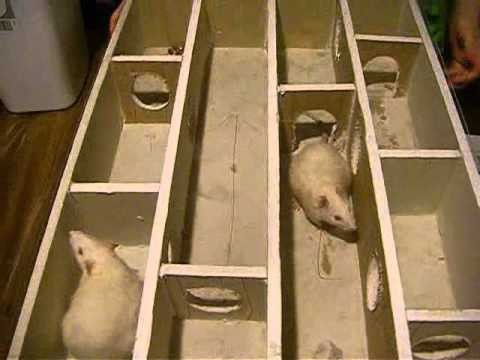A British study that monitored rats' brain cell activity shows that the small animals seem to have wanderlust, a strong desire about new places to visit. This is perhaps unsurprising as they spend much of their lives crawling through planet Earth's underground tunnels. When the rodents were shown an out-of-reach food treat they were likely to dream and strategize about how they could get their hands on the tasty snacks, as they nodded off and then fell asleep.
The research was conducted by scientists from University College London (UCL). Lead researcher Hugo Spiers compared the rats' behavior to humans having sweet dreams of pictures they saw in a holiday brochure earlier that day, according to Metro.
To conduct their study, the research team put four rats at the base of a T-shaped pathway, where the small animals could spot the food. However, it was inaccessible.
The rats were then urged to sleep in a cozy nest, where the researchers recorded their brain activity as they dozed. The tool was 50 electrodes.
Researchers discovered that different locations in the rats' environment were stored in the memories as they snoozed. They recalled them as neuron groups fired together.
After the lab rats were placed back in the maze, they ran in the T-shape web that was unblocked this time. Their actions implied that they had been planning a strategy while catching z's at night.
In previous studies researchers have also been able to change the dreams of mice by stimulating their brains so they were more likely to run to particular places after they woke up. This resembled the science fiction in the movie "Inception" (2010).
The new British study provides insights about how some humans with brain damage in a curved structure known as the hippocampus region cannot think about the future, according to The Next Digit. Rats also store some mental maps there.



























